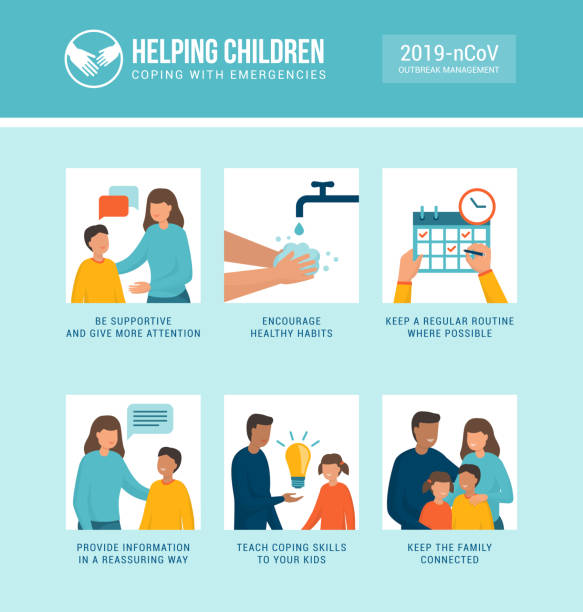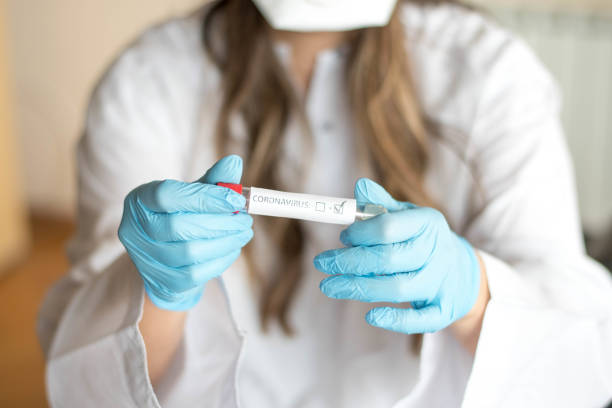Title: The UK Coronavirus Landscape: Navigating Challenges and Progress
In the wake of the global pandemic that swept across continents, the United Kingdom found itself at the epicenter of the battle against the novel coronavirus. The UK coronavirus experience has been marked by a complex interplay of challenges, scientific breakthroughs, policy decisions, and societal resilience. As the nation grappled with unprecedented circumstances, its response to the virus has been a blend of determination, setbacks, and progress. This article delves into the multifaceted aspects of the UK's encounter with the coronavirus, highlighting key developments, lessons learned, and the path ahead.
The Initial Shock and Response
The first inklings of the virus's presence on UK soil were met with a mix of concern and disbelief. As COVID-19 spread across the globe, the UK government initiated measures to contain its impact. In March 2020, a nationwide lockdown was imposed, drastically altering daily life and the functioning of the economy. The National Health Service (NHS) emerged as the frontline defender, with healthcare workers battling exhaustion and limited resources to care for the afflicted. The initial response, however, drew criticism for its perceived lack of preparedness and testing capabilities.
Scientific Endeavors and Breakthroughs
The scientific community played a pivotal role in guiding the UK's response. The rapid sequencing of the virus's genome enabled researchers to understand its genetic makeup, aiding in the development of diagnostic tests and potential treatments. Collaboration between universities, research institutions, and pharmaceutical companies led to the creation of vaccines in record time. The approval and subsequent rollout of vaccines such as Pfizer-BioNTech, Oxford-AstraZeneca, and Moderna marked significant milestones in the fight against the virus. Vaccination efforts were met with both enthusiasm and skepticism, sparking public discourse about vaccine safety and efficacy.
Policy Struggles and Adaptations
The UK's approach to handling the pandemic was not without its share of controversies. The government faced criticism for the timing of certain measures, the effectiveness of its testing and contact tracing systems, and the handling of data transparency. The debate over school closures, travel restrictions, and the utilization of digital tools for tracking raised ethical and privacy concerns. The "Eat Out to Help Out" scheme, aimed at reviving the struggling hospitality industry, drew praise for its economic intent but also raised worries about potential virus transmission.
Resilience and Solidarity
Amid the challenges, stories of community resilience and solidarity emerged. Individuals, charities, and businesses rallied together to provide support to vulnerable populations. Volunteer networks sprang up to deliver groceries and medicines to those unable to leave their homes. Frontline workers received applause and recognition for their unwavering dedication. The "Clap for Carers" initiative became a symbol of unity, offering a glimmer of positivity during uncertain times.
Learning from Setbacks
The UK also faced setbacks in its fight against the virus. The emergence of new variants, such as the Delta variant, highlighted the virus's ability to mutate and adapt. These variants led to spikes in cases and renewed challenges for healthcare systems. Lessons were learned about the importance of swift and decisive action in response to changing circumstances. The NHS, having weathered immense pressure, underwent discussions about its long-term sustainability and preparedness for future health crises.
Toward Recovery and Future Preparedness
As the UK navigates its way out of the pandemic, the focus shifts toward recovery and future preparedness. The vaccination campaign continues to be a cornerstone of efforts to mitigate the virus's impact. The government's strategies encompass economic recovery, mental health support, and enhancing healthcare infrastructure. International collaboration remains vital, as the pandemic has underscored the interconnectedness of the global community in facing health challenges.
In conclusion, the UK's encounter with the coronavirus has been a journey marked by trials, triumphs, and the resilience of its people. The pandemic prompted introspection into healthcare systems, policy efficacy, and societal cohesion. Scientific advancements led to the development of life-saving vaccines, while setbacks highlighted the need for flexibility and adaptive responses. The lessons learned from this experience will undoubtedly shape the UK's future approach to public health and crisis management, leaving an indelible mark on the nation's history.
In the wake of the global pandemic that swept across continents, the United Kingdom found itself at the epicenter of the battle against the novel coronavirus. The UK coronavirus experience has been marked by a complex interplay of challenges, scientific breakthroughs, policy decisions, and societal resilience. As the nation grappled with unprecedented circumstances, its response to the virus has been a blend of determination, setbacks, and progress. This article delves into the multifaceted aspects of the UK's encounter with the coronavirus, highlighting key developments, lessons learned, and the path ahead.
The Initial Shock and Response
The first inklings of the virus's presence on UK soil were met with a mix of concern and disbelief. As COVID-19 spread across the globe, the UK government initiated measures to contain its impact. In March 2020, a nationwide lockdown was imposed, drastically altering daily life and the functioning of the economy. The National Health Service (NHS) emerged as the frontline defender, with healthcare workers battling exhaustion and limited resources to care for the afflicted. The initial response, however, drew criticism for its perceived lack of preparedness and testing capabilities.
Scientific Endeavors and Breakthroughs
The scientific community played a pivotal role in guiding the UK's response. The rapid sequencing of the virus's genome enabled researchers to understand its genetic makeup, aiding in the development of diagnostic tests and potential treatments. Collaboration between universities, research institutions, and pharmaceutical companies led to the creation of vaccines in record time. The approval and subsequent rollout of vaccines such as Pfizer-BioNTech, Oxford-AstraZeneca, and Moderna marked significant milestones in the fight against the virus. Vaccination efforts were met with both enthusiasm and skepticism, sparking public discourse about vaccine safety and efficacy.
Policy Struggles and Adaptations
The UK's approach to handling the pandemic was not without its share of controversies. The government faced criticism for the timing of certain measures, the effectiveness of its testing and contact tracing systems, and the handling of data transparency. The debate over school closures, travel restrictions, and the utilization of digital tools for tracking raised ethical and privacy concerns. The "Eat Out to Help Out" scheme, aimed at reviving the struggling hospitality industry, drew praise for its economic intent but also raised worries about potential virus transmission.
Resilience and Solidarity
Amid the challenges, stories of community resilience and solidarity emerged. Individuals, charities, and businesses rallied together to provide support to vulnerable populations. Volunteer networks sprang up to deliver groceries and medicines to those unable to leave their homes. Frontline workers received applause and recognition for their unwavering dedication. The "Clap for Carers" initiative became a symbol of unity, offering a glimmer of positivity during uncertain times.
Learning from Setbacks
The UK also faced setbacks in its fight against the virus. The emergence of new variants, such as the Delta variant, highlighted the virus's ability to mutate and adapt. These variants led to spikes in cases and renewed challenges for healthcare systems. Lessons were learned about the importance of swift and decisive action in response to changing circumstances. The NHS, having weathered immense pressure, underwent discussions about its long-term sustainability and preparedness for future health crises.
Toward Recovery and Future Preparedness
As the UK navigates its way out of the pandemic, the focus shifts toward recovery and future preparedness. The vaccination campaign continues to be a cornerstone of efforts to mitigate the virus's impact. The government's strategies encompass economic recovery, mental health support, and enhancing healthcare infrastructure. International collaboration remains vital, as the pandemic has underscored the interconnectedness of the global community in facing health challenges.
In conclusion, the UK's encounter with the coronavirus has been a journey marked by trials, triumphs, and the resilience of its people. The pandemic prompted introspection into healthcare systems, policy efficacy, and societal cohesion. Scientific advancements led to the development of life-saving vaccines, while setbacks highlighted the need for flexibility and adaptive responses. The lessons learned from this experience will undoubtedly shape the UK's future approach to public health and crisis management, leaving an indelible mark on the nation's history.




